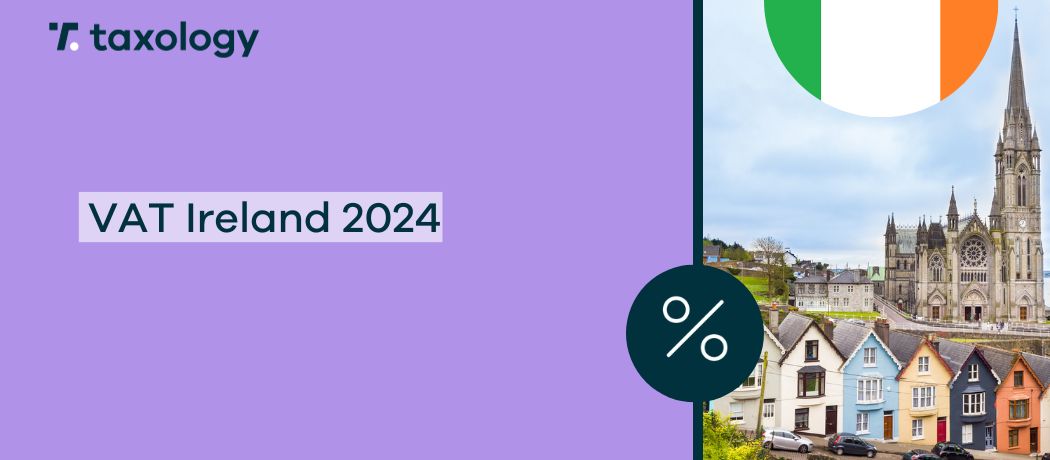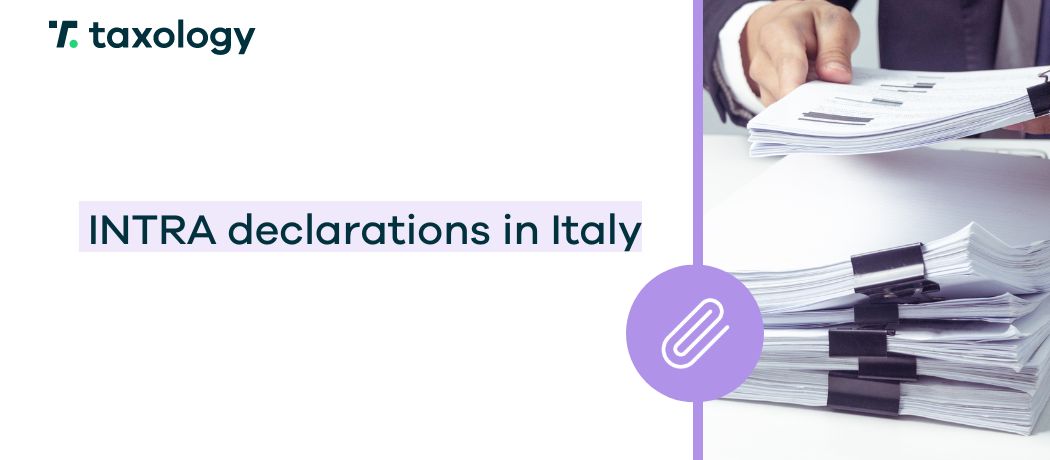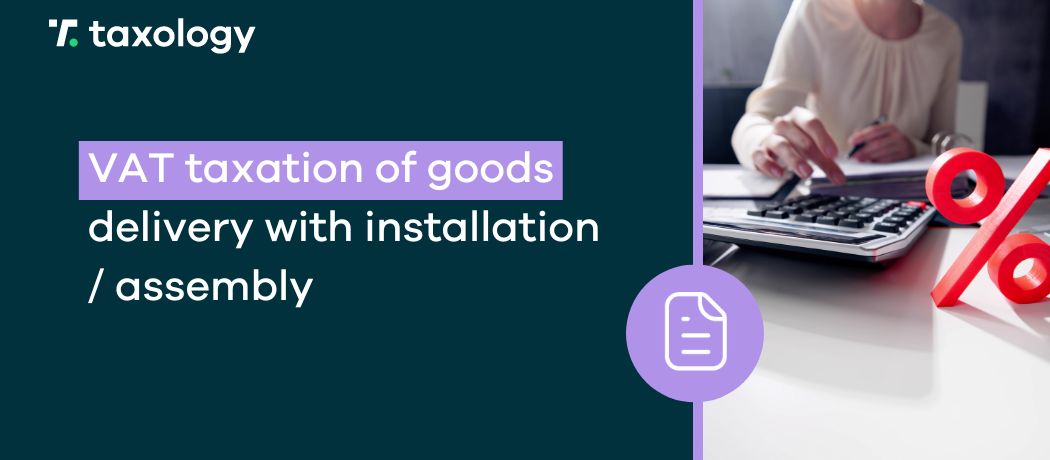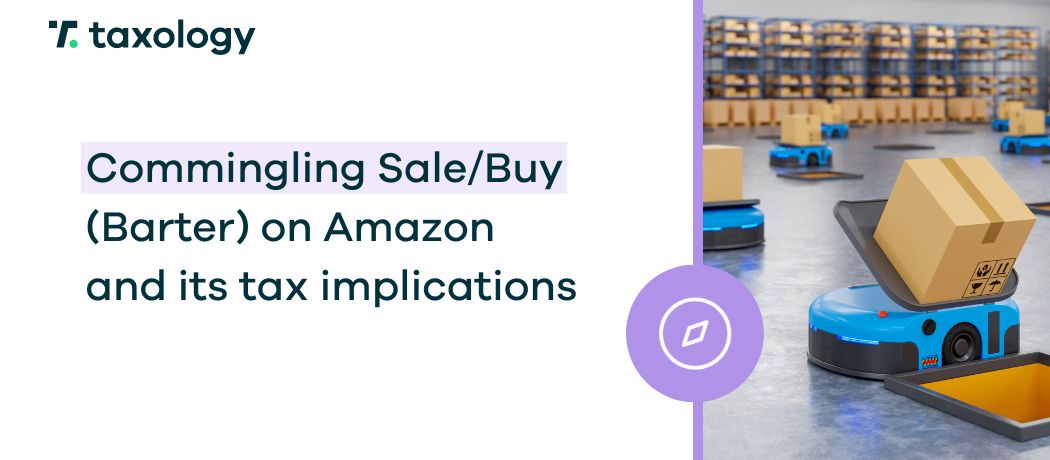Italy ranks as the fourth largest e-commerce market in Europe in terms of value. It is no surprise, then, that it attracts entrepreneurs looking to expand in this direction. However, […]
Read in: 4 minVAT Ireland 2024
- Last update: 23.02.2024
- Published: 17.02.2023
- Read in: 4 min
In Ireland, VAT, i.e. value-added tax on goods and services, is divided into the standard rate, three reduced rates and the zero rate.
Currently, the standard VAT rate in Ireland is 23%, and there are three reduced VAT rates (13.5%, 9%, 4.8%). Some products are subject to a zero rate. In this article, we’ll dive into the main issues related to VAT in Ireland. You’ll find all the necessary information about VAT registration in Ireland along with settling VAT in this country.
The standard VAT rate in Ireland
The standard VAT rate in Ireland is 23%, and is applied to all goods and services that are not subject to reduced rates or VAT exemptions.
Reduced VAT rates in Ireland
As we pointed out in the introduction, there are several different VAT rates in Ireland. The reduced rates that apply in this country are 13.5%, 9% and 4.8%.
Reduced 13.5% VAT rate in Ireland
The 13.5% VAT rate in Ireland applies to, among other things, such products and services as:
- food
- selected pharmaceutical drugs
- catering and restaurant services ( excluding beverages)
- hotels and other forms of accommodation
- fossil fuels and electricity
- selected renovation and construction services
- maintenance services (e.g., bicycle repair, tailoring and shoemaking services)
- many other kinds of services, including hairdressing, gardening, etc.
Reduced 9% VAT rate in Ireland
The 9% VAT rate in Ireland applies to:
- selected food products
- newspapers and magazines (including digital versions)
- tickets to cultural events
- rental of sports facilities
Reduced 4.8% VAT rate in Ireland
The 4.8% VAT rate in Ireland applies to food-producing livestock.
0% VAT rate in Ireland
The Zero VAT rate in Ireland applies to:
- selected food products
- selected types of animal feed
- selected products related to food production (including fertilizers and seeds)
- selected veterinary pharmaceuticals for farm animals
- medical equipment
- children’s apparel
- books (with some exceptions)
- audiobooks and e-books.
When is it necessary to pay VAT in Ireland?
Not only is Ireland one of the largest e-commerce markets in Europe, but it is also considered as one that still offers immense growth potential. According to Statista’s forecasts, Ireland’s e-commerce market could grow by more than 20% in 2023.
Therefore, more and more e-commerce companies are choosing to branch out into this country. As an added bonus, Amazon covered this market, allowing entrepreneurs to start selling easily and cost-effectively. Apart from Amazon, the most popular e-commerce sites in Ireland are Tesco and Currys.
In order to effectively conquer this market, the expansion usually involves settling VAT in Ireland or using the VAT OSS scheme.
To get a better understanding of the VAT system in Ireland, it should be noted that the obligation for foreign companies, selling their products in Ireland, to pay VAT occurs in two situations.
Firstly, if you warehouse goods in Ireland, you must settle VAT in this country. This rule concerns both companies using their own warehouses, and those storing goods via fulfillment service providers within the country.
Secondly, it should be noted that the obligation to settle VAT in Ireland occurs, if the total sales to EU countries within the intra-community distance sales of goods exceeds €10,000. However, thanks to this option, you can settle VAT both with the IRS in Ireland and via the VAT OSS procedure, which allows e-commerce companies to settle VAT within the EU in a much more easier way.
Deadlines for filing VAT returns and paying VAT in Ireland
As a VAT taxpayer in Ireland, your deadline is the 19th day of the month following the accounting period.
The VAT registration process in Ireland
Apart from some exceptional cases, VAT registration in Ireland is entirely handled digitally through the Revenue Online Service (ROS).
In addition to filling out the form, the soon-to-be VAT payer must also declare:
- Information about the company’s intended activities within the country (reason for registration)
- Projected turnover
- Bank account details
- Office address
Depending on the company’s legal status, there are two forms – TR1 for sole proprietorships, partnerships, etc. and TR2 for limited liability companies.
If the documents are submitted correctly, the VAT registration process should not take more than a month.
What are the potential consequences, including penalties and interest, for any irregularities in filing VAT returns or making late payments?
Any mistakes, false information or delays in filing VAT returns may be subject to a standard penalty of €4,000. Moreover, tax officials may charge interest for late VAT payments. The current rate on unpaid amounts stands at 0.0274 per day.
Tax office in Ireland
The address of the Irish Tax Office:
Business Registrations South Office of The Revenue Commissioners
P.O. Box 1 Wexford
Intrastat in Ireland
Apart from the obligation to register and account for VAT in Ireland, certain companies may also have to report Intrastat. These reports contain information on the import and export of goods between EU countries and the movement of own goods between warehouses in different countries.
This obligation arises once the amount of €5,000,000 on imports, and €1,000,000 on exports, has exceeded.
Support and guidance for VAT registration and settlement in Ireland
With our expertise in VAT compliance, we provide comprehensive assistance for VAT registration and compliance with settlement requirements across Europe. Contact us or book a free consultation.
If you want to learn more, check our articles about VAT registrations in: Belgium, France, Germany, Spain, Ireland, Italy, the Netherlands, Sweden and the UK. Check also the European VAT rates and learn what issues may arise during the registration in Great Britain or about different topics:
- Amazon Seller Central and Amazon Vendor Central;
- E-commerce payment systems in Europe;
- Incoterms 2020;
- Split Payment Mechanism;
- Consignment warehouse;
- What is the split payment mechanism?;
- Multichannel and omnichannel strategies in e-commerce;
- How to obtain an EU VAT number?;
- What is Amazon Brand Registry?;
- 6 benefits of cooperating with a VAT Compliance specialist.




